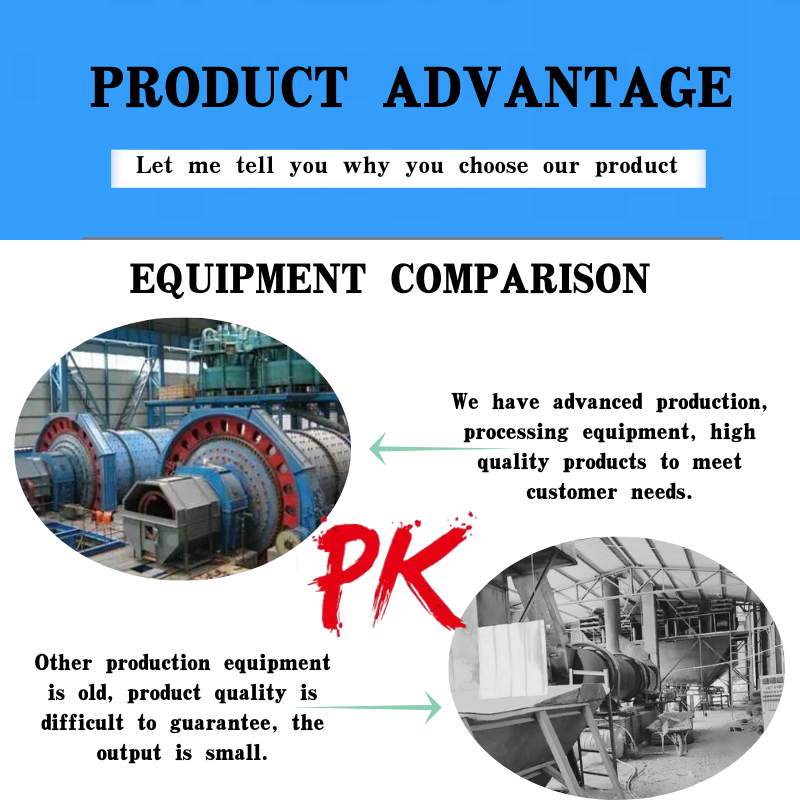
fly ash in concrete blocks factories
Fly ash is a byproduct of burning pulverized coal in electric power generating plants and is widely utilized in concrete production owing to its numerous benefits. One of the most effective applications of fly ash is in the manufacturing of concrete blocks, which are essential materials in construction industries worldwide. The incorporation of fly ash into concrete block production offers both environmental and technical advantages, making it a sustainable choice for modern construction practices.
.
Moreover, the addition of fly ash can enhance the workability of the concrete mix. The spherical shape of fly ash particles helps in reducing the friction between the components of the mix, leading to better fluidity and ease of pouring. This is particularly beneficial in large-scale manufacturing environments where efficiency and speed of production are crucial. Improved workability also contributes to a more homogeneous mix, which in turn results in consistency in the quality of the concrete blocks.
fly ash in concrete blocks factories

From an environmental perspective, the use of fly ash in concrete block production presents a sustainable solution. Fly ash is often disposed of in landfills, posing environmental challenges. By utilizing this byproduct, concrete block factories can significantly reduce waste and lower their carbon footprint. Additionally, the reduced need for Portland cement in the mix contributes to lower carbon dioxide emissions associated with cement production, which is a major contributor to global greenhouse gas emissions. This practice not only supports waste reduction but also promotes the circular economy in the construction industry.
Furthermore, the economic benefits of using fly ash are notable. Fly ash is typically less expensive than Portland cement, which can lead to lower raw material costs for concrete block manufacturers. This cost-effectiveness can be passed on to consumers, making sustainable building materials more accessible. Additionally, by adopting a more environmentally responsible production process, companies can enhance their marketability and reputation, appealing to a growing segment of environmentally conscious consumers.
In conclusion, the integration of fly ash in concrete block factories represents a significant advancement in the construction industry. The technical benefits, such as improved strength, durability, and workability of concrete blocks, coupled with the environmental and economic advantages, make fly ash a valuable resource for sustainable building practices. As more manufacturers recognize the importance of sustainable production methods, the use of fly ash in concrete block production is likely to increase, paving the way for a greener and more efficient construction industry. By embracing innovative materials like fly ash, we can work towards a more sustainable future in building practices while addressing the challenges of environmental conservation.
Share
-
Premium Talcum Powder Enhanced with GPT-4 Turbo | Soft & Long-LastingNewsAug.02,2025
-
Fly Ash Solutions Enhanced by GPT-4 Turbo | Sustainable InnovationNewsAug.01,2025
-
Natural Premium Bentonite Cat Litter - Superior ClumpingNewsJul.31,2025
-
Premium Resin Coated Sand - High Heat Resistance CastingNewsJul.31,2025
-
High Quality Silicon Carbide Grit for Abrasive ApplicationsNewsJul.30,2025
-
High-Quality Ceramsite for Plants & Gardening | Lightweight PebblesNewsJul.29,2025






